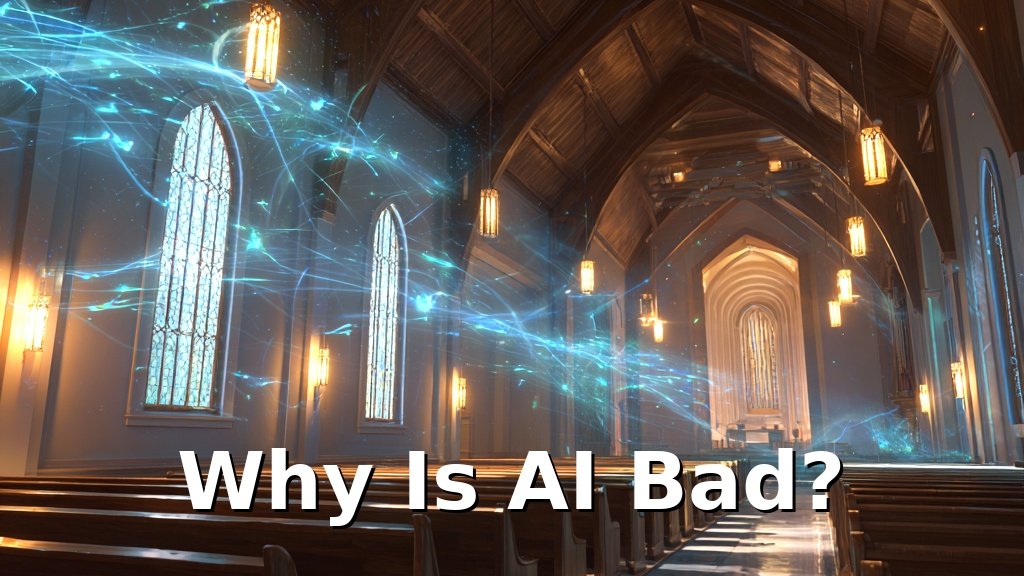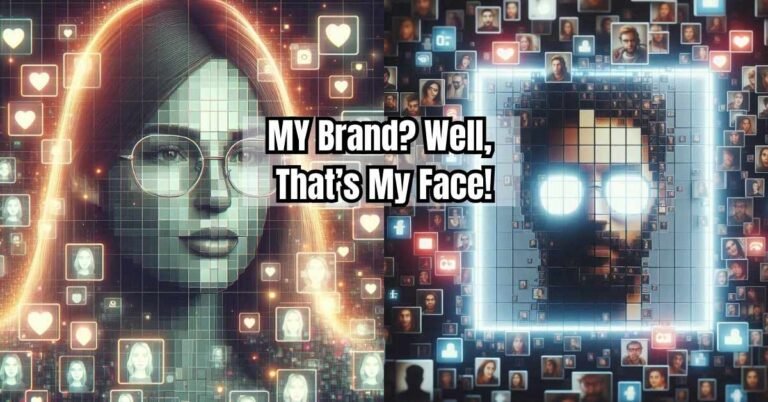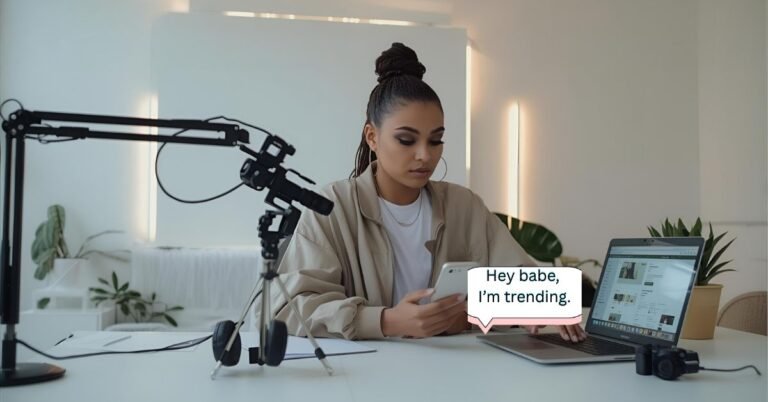It’s one of the biggest questions of our time: should Christians fear AI?
Every time a new technology appears, fear follows. We’ve seen it for decades — when jeans entered the church, they were called “worldly.” When Bible apps appeared, people said it was “disrespectful.” When 5G launched, some labeled it “demonic.”
Now, artificial intelligence is the new target. Some call it the “Beast system,” the “Antichrist,” or “the great deception.”
But pause for a moment.
Is AI really evil — or are we just reacting out of fear instead of wisdom?
Real Examples of Quick Judgment in the Church
Let’s be honest — the church has always wrestled with change.
- Jeans in church? “Worldly rebellion.”
- Phones and Bible apps? “Ungodly.”
- 5G networks? “The devil’s frequency.”
- AI tools? “End-time deception.”
Yet fast-forward a few years:
- Those same Bible apps now help millions grow spiritually.
- 5G networks livestream the gospel across the world.
- AI is helping pastors write sermons and translate Scripture into unreached languages.
So again — should Christians fear AI, or are we just afraid to adapt?
What’s Really Behind the Fear
Most Christians don’t reject technology because they hate it — they reject it because they fear compromise.
They fear losing holiness.
They fear becoming “lukewarm.”
But fear can blind us.
Instead of learning how to use new tools for good, we often build walls to feel safe. Yet those walls can isolate us from the world we’re supposed to reach.
The Problem Isn’t AI — It’s the Human Heart
AI isn’t moral or immoral — it’s neutral.
Like a knife, you can use it to cut bread or to harm someone.
It depends on the hand holding it.
The real danger isn’t the code — it’s the corruption within us.
AI doesn’t have a soul. It doesn’t love. It doesn’t feel conviction. It can’t know God.
But humans can, and that’s why we must be careful not to replace human connection, creativity, and faith with machine efficiency.
When Technology Becomes an Idol
Technology becomes dangerous when we worship it — when we treat it like a savior or companion.
Sould christians fear ai? Today we’re seeing:
- Digital intimacy replacing real relationships.
- AI-generated “companions” comforting lonely hearts.
- Algorithms shaping opinions more than Scripture does.
- People trusting machine wisdom over divine guidance.
That’s when AI becomes an idol — not because it’s alive, but because our hearts give it the power it never had.
How Jesus Handled Culture
Jesus didn’t fear culture — He transformed it.
He didn’t hide from the world; He entered it and redeemed it.
When the Pharisees condemned every new idea, Jesus focused on the fruit, not the form.
He looked at results, not reactions.
That’s how we should approach AI too.
Don’t call it evil by default — discern the fruit.
Does it lead to deception, or does it help spread truth?
Does it glorify man, or magnify God?
The Real Dangers Ahead
Now, this doesn’t mean AI is harmless. There are real risks ahead — not because AI has a soul, but because humans might lose theirs trying to become gods.
AI is already merging with biotechnology, emotions, and human decision-making.
We’re seeing:
- Neural chips that connect minds to machines.
- AI-generated intimacy and virtual relationships.
- Genetic editing guided by algorithms.
At some point, we’ll need to ask:
Where does innovation end and imitation of God begin?
AI has power — but it has no spirit.
And once we forget that difference, we risk trading our identity as divine creations for mechanical imitation.
Should Christians Fear AI or Use It Wisely?
We shouldn’t fear AI — but we must respect its influence.
Just like money, media, or power, AI reveals the state of the human heart.
Use it to teach, to create, to reach souls — not to replace them.
AI can translate the Bible, design visuals for evangelism, even help organize ministries. But it can’t hear the Holy Spirit.
That’s your job.
A Final Word
So, should Christians fear AI?
Not if they walk in discernment.
Fear paralyzes, but discernment prepares.
AI is not the Antichrist. It’s a mirror — showing us how deeply we rely on convenience, pride, and imitation.
Technology doesn’t define the end times — the condition of the human heart does.
Stay alert, stay wise, and remember:
Machines can assist your calling, but only the Spirit can define it.
Servants of Fire — Joseph Z A prophetic guide to angelic help and spiritual authority — reminding believers that while AI influences culture, God’s fire still leads the future.Get it on Amazon →




